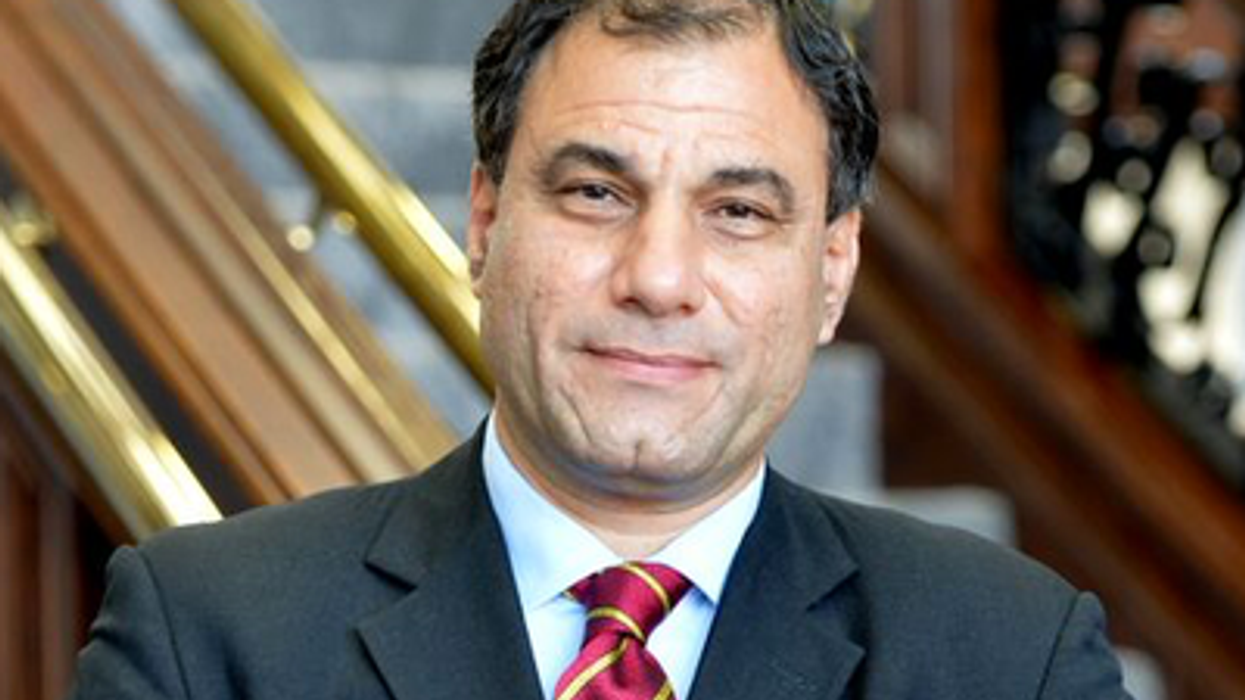LORD Karan Bilimoria has been appointed as the chair of the International Chamber of Commerce United Kingdom (ICCUK). He welcomed the UK government’s decision to relaunch Free Trade Agreement (FTA) talks with India, aligning the discussions with his new role.
Bilimoria, the founder of Cobra Beer, will assume the role in the new year, coinciding with the expected resumption of India-UK FTA negotiations. The talks are set to build on discussions between prime ministers Keir Starmer and Narendra Modi at the recent G20 Summit in Brazil.
As a supporter of stronger India-UK trade ties, Bilimoria expressed optimism about the renewed focus on the FTA and suggested setting a deadline to finalise the deal. “There are huge benefits for both countries in goods, investments, and services. India is the fastest growing major economy in the world and Indian companies are already significant investors in the UK,” he said in a statement following the announcement.
He added: “An FTA will turbo-charge the special relationship between both countries and unleash significant untapped potential going forward. Both prime ministers should set a deadline, for example, June 30, 2025, by which to complete the deal, and the completion should be celebrated by the biggest prime ministerial-led delegations to both countries.”
India’s commerce and industry minister Piyush Goyal also emphasised resuming the “progress achieved previously” and bridging the gaps to expedite the trade agreement.
The ICC is the world’s largest business organisation, representing 45 million companies across 170 countries. Its UK chapter, ICCUK, acts as the chamber’s representative voice in Britain, shaping international policy, standards, and rules for UK industries.
Bilimoria highlighted ICC’s pivotal role in promoting pragmatic trade solutions. “The ICC is uniquely positioned as a champion of pragmatic trade solutions, and I see significant opportunities to further strengthen our relationships with key global economies, as well as across government, including No 10, ministers, and regulators,” he said.
He added his commitment to working on international trade priorities such as the G7 and G20 and contributing to the UK’s trade and industrial strategies. “The new government’s energy and focus on growth provide a unique opportunity for ICC to position itself as the leading voice for international business and trade,” Bilimoria said.
Paul Drechsler CBE, whom Bilimoria will succeed, praised the ICC’s achievements over the past four years. “Over the past four years, we have worked to position ICC as a trusted voice on the international stage, driving trade policies that foster inclusivity, investment, and economic recovery. I am confident that under Karan's leadership, ICC will continue to strengthen its influence, and I look forward to remaining part of this important community,” Drechsler said.
(With inputs from PTI)




